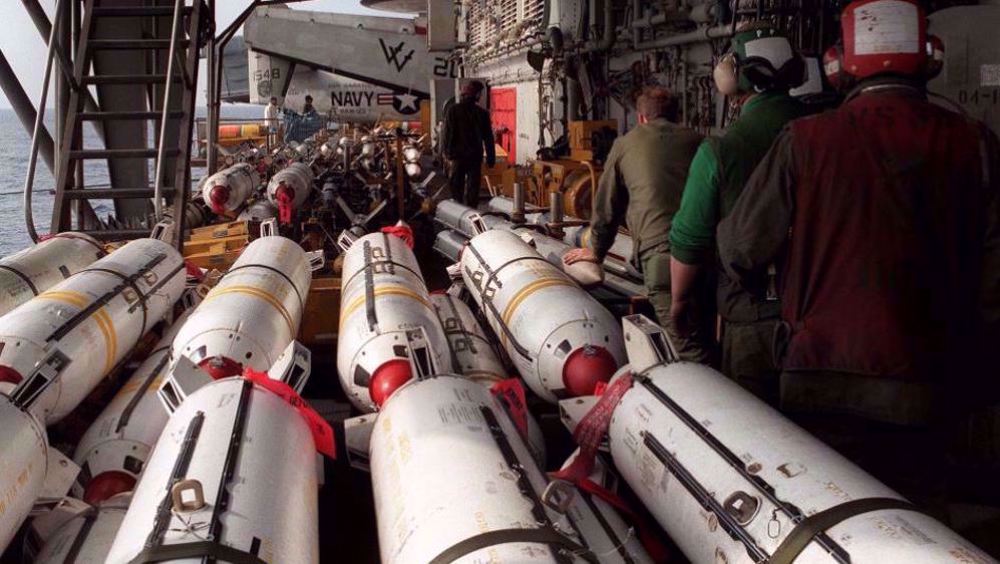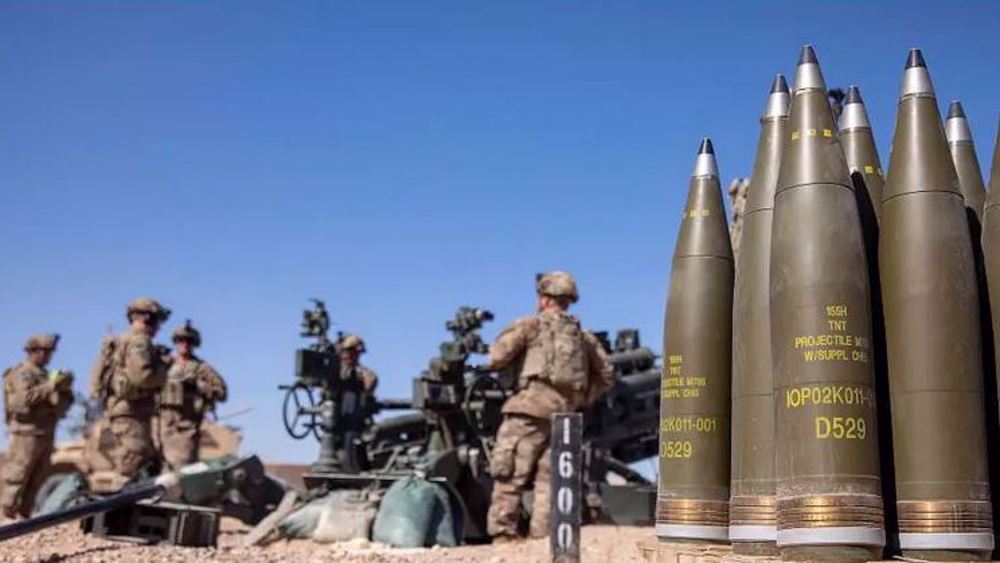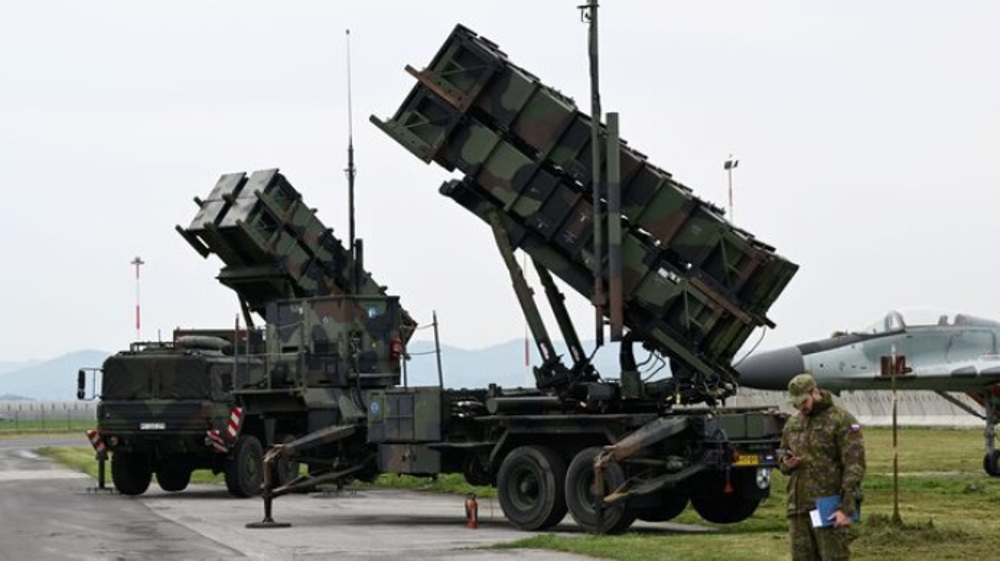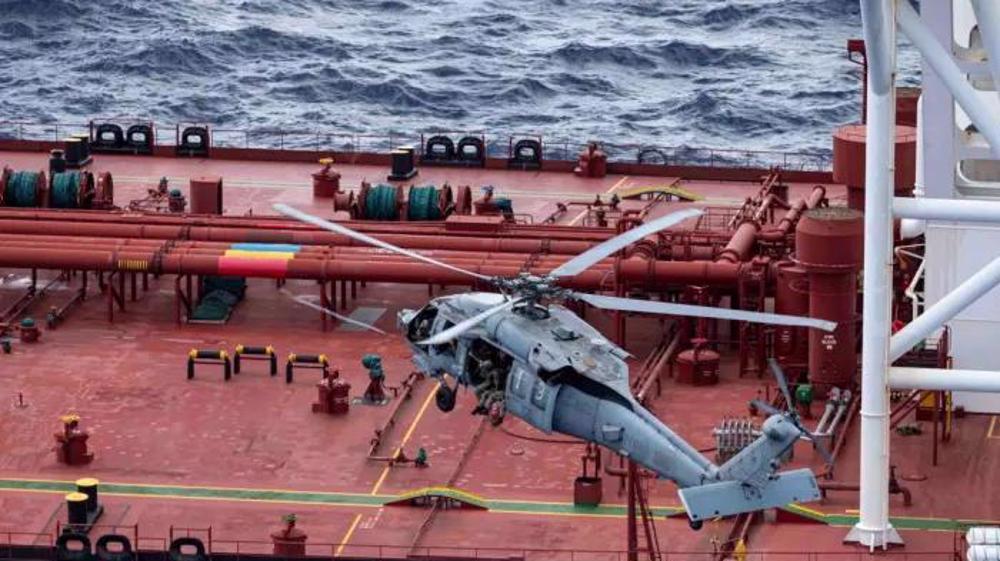Pentagon believes banned cluster munitions would be useful for Ukraine
Despite a global ban on the use of cluster munitions, the US military believes they would help Ukraine push back against Russian forces.
Laura Cooper, who is the deputy assistant secretary of defense for Russia, Ukraine and Eurasia at the US Defense Department, made the remarks on Thursday while addressing US lawmakers.
The Ukrainian government has called on members of Congress to press President Joe Biden's administration to approve sending Dual-Purpose Conventional Improved Munitions (DPICM).
Cooper said the reason why such munitions have not been approved for Kiev yet are congressional restrictions and concerns from US allies.
Cooper, however, added that from a battlefield effectiveness perspective, the Pentagon believes they are useful.
"Our military analysts have confirmed that DPICMs would be useful especially against dug in Russian positions on the battlefield,” she told lawmakers during a Congressional hearing.
"The reason why you have not seen a move forward in providing this capability relates both to the existing congressional restrictions on the provision of DPICMs and concerns about allied unity," Cooper added.
So far, the Biden administration has refrained from officially sending any cluster munitions to Ukraine.
However, even though the export of such weapons has been banned by Congress, media outlets such as Politico have suggested that Biden and even his Secretary of State Antony Blinken could potentially override this ban.
An American adviser to the Ukrainian military has also called on Washington to send Kiev forces cluster munitions to fight Russia.
Dan Rice said in December last year that the US “really needs to” supply Kiev’s forces with cluster bombs to increase “base lethality” and “win the war” against Russia.
Cluster bombs are banned under the Convention on Cluster Munitions (CCM), an international treaty that addresses the humanitarian consequences and unacceptable harm caused to civilians by cluster munitions through a categorical prohibition and a framework for action.
The weapons can contain dozens of smaller bomblets, dispersing over vast areas, often killing and maiming civilians long after they are dropped.
The convention bans all use, production, transfer and stockpiling of cluster bombs. More than 100 countries have signed the treaty, but the United States has not.
Alawite women abducted and raped, others sold by Jolani's men: Report
Iran, China, Russia hold trilateral talks on Geneva nuclear negotiations
VIDEO | Protests and skepticism greet Trump’s 'Board of Peace'
Envoy to UN: Iran will ‘decisively’ defend itself against aggression
VIDEO | Press TV's news headlines
VIDEO | Muslims across India begin holy month of Ramadan
Hamas condemns Trump's 'Board of Peace' meeting
Iran and Saudi FMs discuss outcomes of latest indirect Iran-US talks











 This makes it easy to access the Press TV website
This makes it easy to access the Press TV website